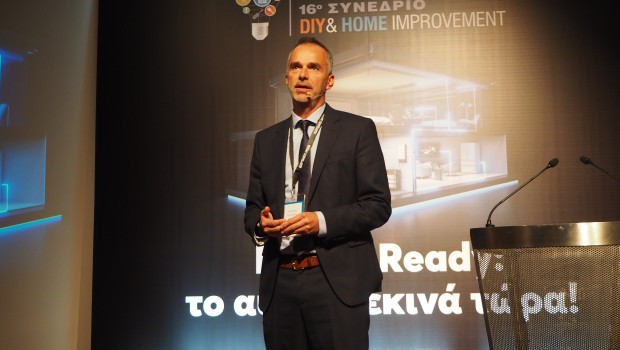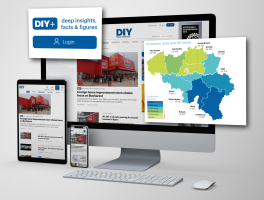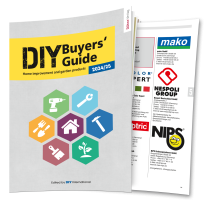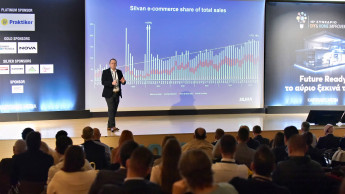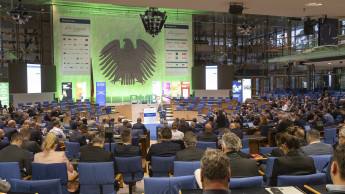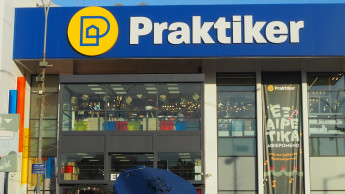A stable industry that has a number of challenges to overcome: this was the picture of the DIY sector in Greece painted at the 16th DIY & Home Improvement Conference in Athens yesterday. "Consumers are investing in their homes," said Prokopis Karydakis, describing the situation. He is CEO of Karydakis Media, the publisher that organised the conference. "Knowledge and cooperation create strong companies and satisfied customers," said Karydakis, calling on the approximately 250 participants to tackle the challenges of the market together.
The organisers were able to secure Greek Digital Minister Dimitris Papastergiou for the opening statement – who first of all admitted to being a practising DIYer. He expressed his conviction that technology and digitalisation are also opening up new opportunities for this industry through simplified processes.
Business journalist Constantinos Davlos drew particular attention to the specific demographic structure in Greece: unlike in other countries, it is not just a question of an ageing population. Rather, the country faces the problem that the population is concentrated entirely in Athens. While people are moving away from other regions of the country, leaving their houses empty, the cost of living in Athens is rising.
He also warned that consumers are not seeing the benefits of the upturn in certain areas of the economy in their wallets. Nominal incomes have risen, but real incomes have fallen.
A recent consumer survey presented by Xenia Kourtoglou from Focus Bari has determined how consumers feel about DIY in this situation. Her message to companies operating in Greece: Greeks are still interested in DIY. For younger people, creativity is the main focus, while for older people it is maintaining their homes. After all, around a quarter of Greeks cite DIY as a hobby. For more than 70 per cent, maintaining their homes is important. "The home continues to be a priority," said the market researcher.
The conference in Athens is also notable for the fact that some speakers from abroad offer a perspective on international developments in the DIY market. Klaus Dolmer, CEO of the Danish DIY chain Silvan, opened up this perspective in particular in his keynote speech. His credo: don't upset the customer and make shopping as easy as possible for them. Silvan kicked this off by completely discontinuing advertising with print brochures in 2019. Online purchasing and click & collect work intuitively, for example through the integration of external parcel service providers. E-commerce currently accounts for 18 per cent of Silvan's sales.
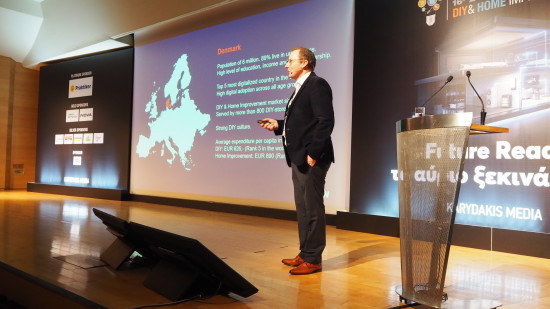
Olga Fuertes reported on the Spanish market. As Managing Director of spray paint supplier Montana, she is also Vice-President of the Spanish manufacturers' association Afeb. Most recently, manufacturers have increased their sales via this distribution channel by around 9 per cent compared to 2024, significantly more than via other distribution channels (average: around 3.5 per cent). In a very engaging presentation, the Montana boss then explained how her company has developed in the direction of the DIY market. Originally, Montana focused entirely on art and graffiti, but then opened up the brand to creative DIY enthusiasts. ‘We empower people to transform the world around them through colour and creativity,’ said Fuertes, summing up the concept.
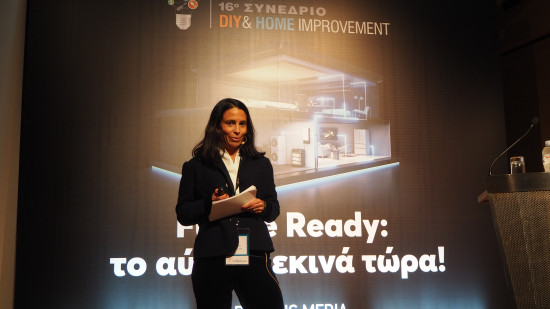
The conference also provided a stage for young start-ups. They were presented by the Athens University of Economics and Business, which has set up its own incubator for this purpose. Data management was one of the focal points of the solutions presented.
Ciro Borelli, the European representative of the Japanese company Weathernews, showed how the weather – and the corresponding forecasts – affect the sales curves of various industries, including retail. There are also examples from the DIY sector.
Artificial intelligence and DIY was the theme of the afternoon session of the conference. Thierry Moubax from AI Compass delved deeply into the topic. He also showed how companies can put this technology, which has been "democratised" since ChatGPT at the latest, to practical use in their processes and ultimately generate more sales.
Tom Dujardin from DeDuCo demonstrated what robots can do in retail. His company has developed devices that scan shelves at night, identifying out-of-stock situations or incorrect price labels, for example. During the day, the robots, which are manufactured entirely in Europe, can also be used in customer contact.
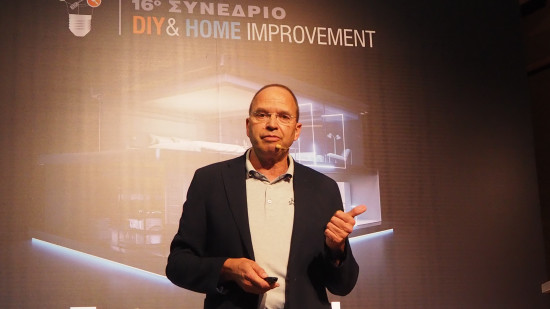
At the end of the conference, Elena Barla from Future BrAIn and Isiloros Sideridis from Pobuca gave an outlook on how artificial intelligence is affecting the world of work. "If AI is the future, humans are the meaning of the future," Barla told the participants.
The event concluded with the presentation of the DIY Lifetime Award to John Herbert. See the separate announcement for more information.

 Menü
Menü




